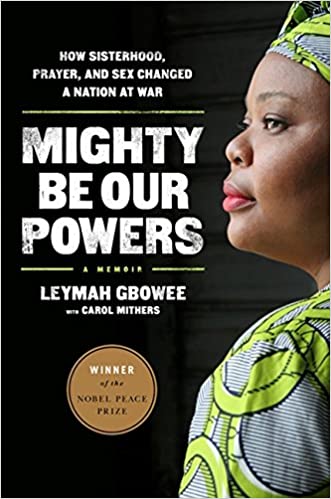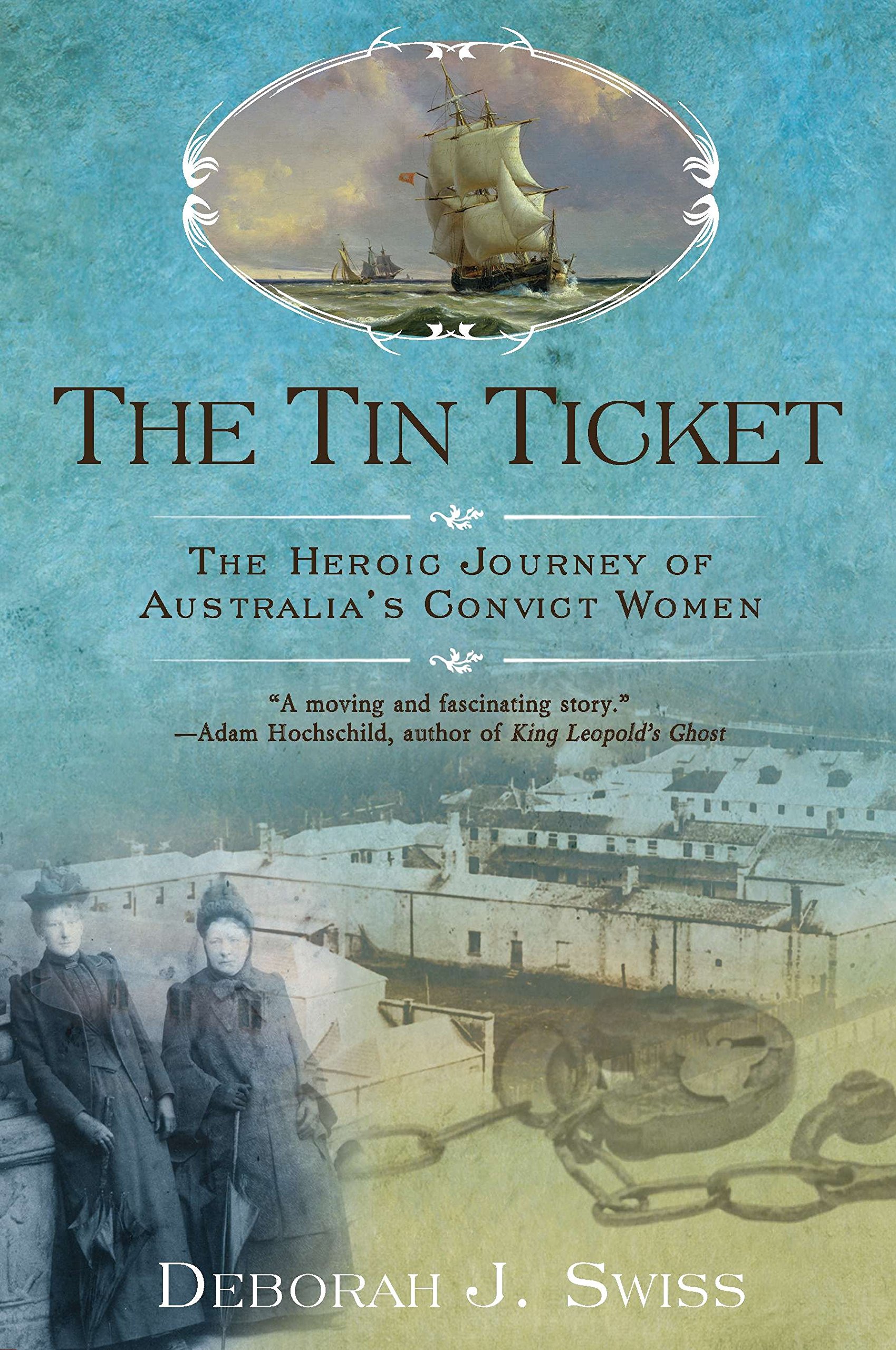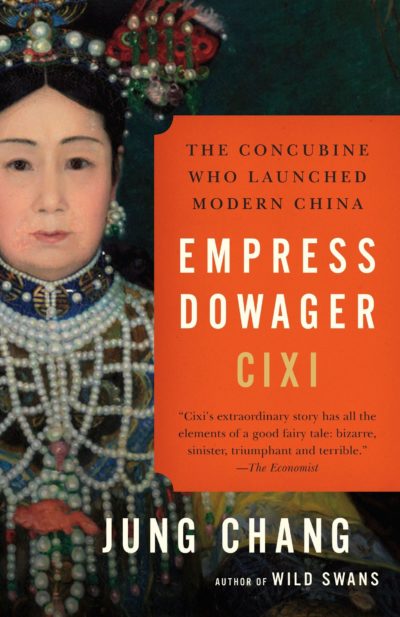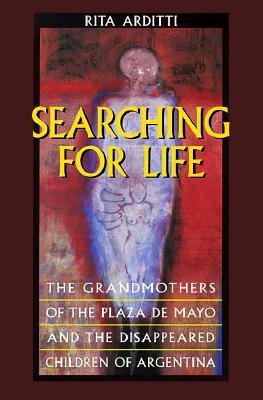Sponsored by National Geographic Books.
Acclaimed science reporter Erika Engelhaupt investigates the gross, strange, and morbid absurdities of our bodies and our universe. From the research biologist who stung himself with every conceivable insect to the world’s most murderous mammals, this entertaining book explores oft-ignored but alluring facets of biology, anatomy, space exploration, nature, and more. Featuring interviews with leading researchers in the field and a large dose of wit, this provocative book reveals the most intriguing real-world applications of science in all their glory.
International Women’s Day is March 8 and what BETTER time to highlight some nonfiction, amirite? I mean. I guess you could also celebrate it by reading fiction by authors from different countries, but…you couldn’t read fun facts about them! Unless the fiction included facts. But why messy things up like that? Here is but a small sampling of nonfiction about women Doing Things around the world. International Women’s Day!
Mighty Be Our Powers: How Sisterhood, Prayer, and Sex Changed a Nation At War by Leymah Gbowee
Gbowee, winner of the Nobel Peace Prize, organized and led the Liberian Mass Action for Peace, a coalition of both Christian and Muslim women who organized for peace during Liberia’s 14-year civil war and participated in public protest against the president and rebel warlords. TW: domestic and sexual abuse
The Tin Ticket: The Heroic Journey of Australia’s Convict Women by Deborah J. Swiss
If you, like I do, read a lot about the UK in the 19th century, you know a lot of people were deported for minor crimes. Where did they go? Well, Tasmania. This book covers the other side of the story of what happened after the women were sentenced, had tin tickets put around their necks, and arrived in a new country for crimes like stealing a bucket of milk.
Empress Dowager Cixi: The Concubine Who Launched Modern China by Jung Chang
Empress Dowager Cixi ruled China for decades in the 19th century and, under her leadership, revolutionized the country. She updated industries, brought in railways, electricity, the telegraph and modern weaponry for the military, as well as ending traditions like foot binding. Find out why she’s called “the most important woman in Chinese history.”
Searching for Life: The Grandmothers of the Plaza de Mayo and the Disappeared Children of Argentina by Rita Arditti
In 1976, a military junta took over Argentina and turned the government into a dictatorship that lasted for seven years. This book covers the Grandmothers of the Plaza de Mayo who identified 57 of approximately 500 children who were stolen and illegally adopted during the dictatorship. Their work “also led to the creation of the National Genetic Data Bank, the only bank of its kind in the world, and to Article 8 of the United Nations Convention on the Rights of the Child, the ‘right to identity,’ that is now incorporated in the new adoption legislation in Argentina.”
For more nonfiction new releases, check out the For Real podcast which I co-host with the excellent Kim here at Book Riot. If you have any questions/comments/book suggestions, you can find me on social media @itsalicetime. Until next time, enjoy those facts, fellow nerds.




